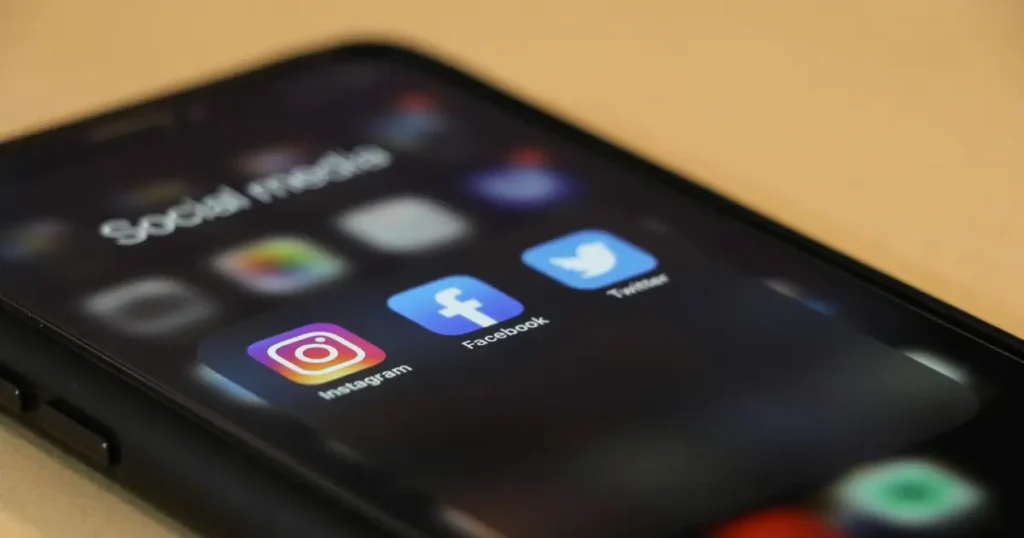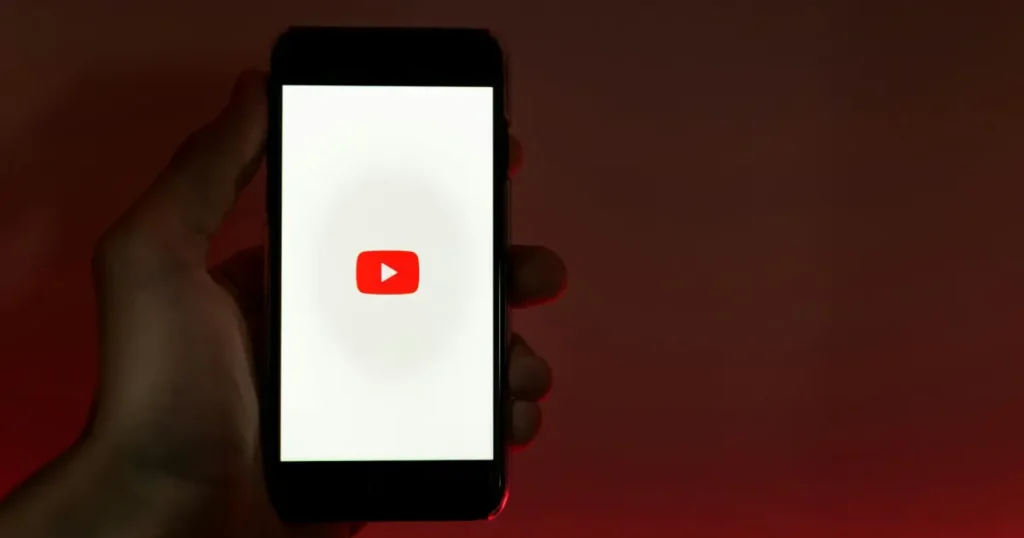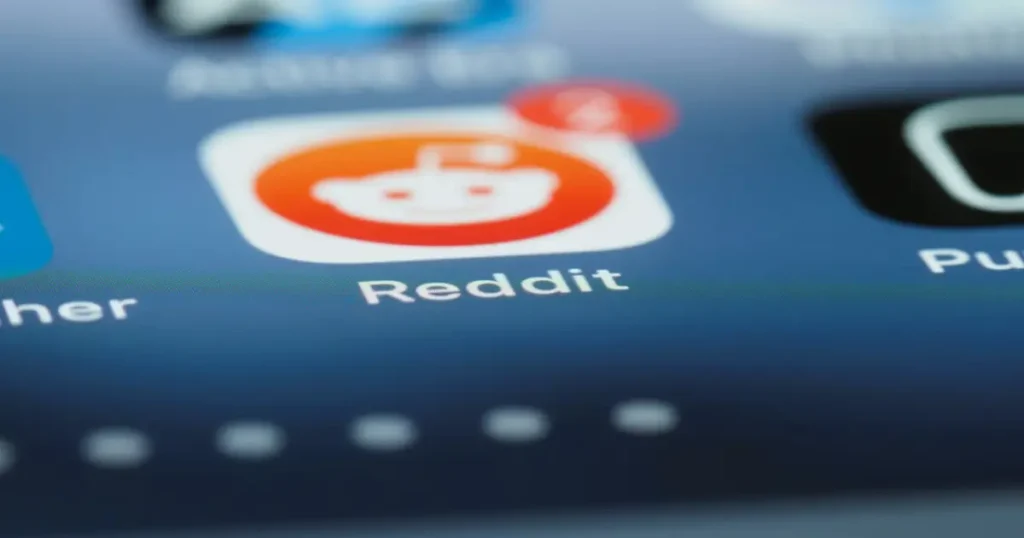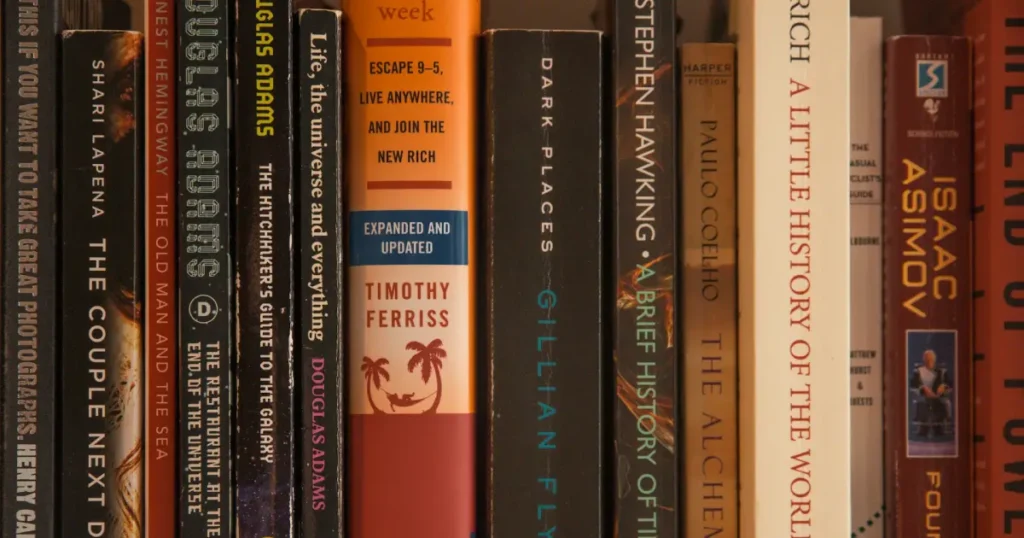
You’ve probably already explored a ton of amazing resources like apps, websites, and YouTube channels to help you learn English. Maybe you’ve even taken some online courses or joined a language exchange community. But now, let’s talk about something that’ll really take your English to the next level: immersing yourself in the same content native speakers engage with every day.
Yes, I’m talking about consuming the same types of material that native speakers use to stay informed, entertained, and connected. This isn’t just about learning English – it’s about living it. Whether it’s reading news websites, watching TV shows, listening to podcasts, or even interacting on social media, you can get much closer to real-world English. Let me show you how you can bridge the gap between textbook learning and the authentic English experience.
First off, let’s talk about why this approach is so effective. You’ve probably noticed that learning English in a classroom or through apps can only take you so far. Sure, it helps with the basics, but real-life English is dynamic. It’s full of slang, idioms, and cultural references that you won’t find in your standard English textbooks. That’s why exposing yourself to the content that native speakers consume will make all the difference.
By diving into these sources, you’ll not only understand the words but also the context behind them. You’ll catch onto native speakers’ rhythms, tones, and the informal ways they express themselves. The more authentic exposure you get, the more natural your English will sound. So, let’s dive into some of the best ways to get even closer to a native speaker’s experience.

Native speakers check news websites daily to stay up-to-date with current events, and so can you! These articles are not only informative but packed with real-world language that native speakers use in everyday conversations.
Start with big outlets like BBC, CNN, or The New York Times, then mix it up with local news sites or niche blogs to get a broader range of language.

Native speakers love to hang out on social media, sharing thoughts, memes, and videos. Social media is where the magic happens in terms of current slang, internet trends, and cultural moments. Engaging with social platforms will help you learn the informal side of the language.
Platforms like Instagram, Reddit, Twitter (X), and TikTok are hotbeds of everyday English, full of authentic language in action.

If you want to get even closer to the real experience, listen to podcasts. Native speakers are constantly producing podcasts on virtually any topic you can imagine – from true crime to comedy to technology. Listening to a wide range of topics will expose you to different accents, dialects, and real-world expressions.
Podcasts like “The Daily” (news) and “TED Talks Daily” (inspirational topics) are great places to start.

It’s no secret that TV shows and movies are fantastic ways to learn authentic English. But they’re even more effective if you focus on the kinds of shows and movies that native speakers actually watch. These often include regional accents, colloquial phrases, and different ways people communicate in real-life scenarios.
Start with a few shows you enjoy, and watch them regularly to pick up the flow of natural English.

Native speakers watch a ton of YouTube content – whether it’s for entertainment, tutorials, or educational content. Watching YouTube is a great way to hear natural English in a variety of topics. Plus, YouTube is filled with real people talking like, well, real people.

If you really want to experience English like a native speaker, you’ve got to get involved in online communities. Whether it’s Reddit, Quora, or a specialized forum for a hobby you’re passionate about, these spaces are full of real conversations in natural English.
The more you engage in these types of conversations, the more comfortable you’ll feel with spontaneous, everyday English.

While we’re focused on getting closer to a real-world English experience, reading books by native authors can also give you valuable insights into how language works in natural settings. Plus, novels are often full of idiomatic expressions, casual speech, and cultural references.